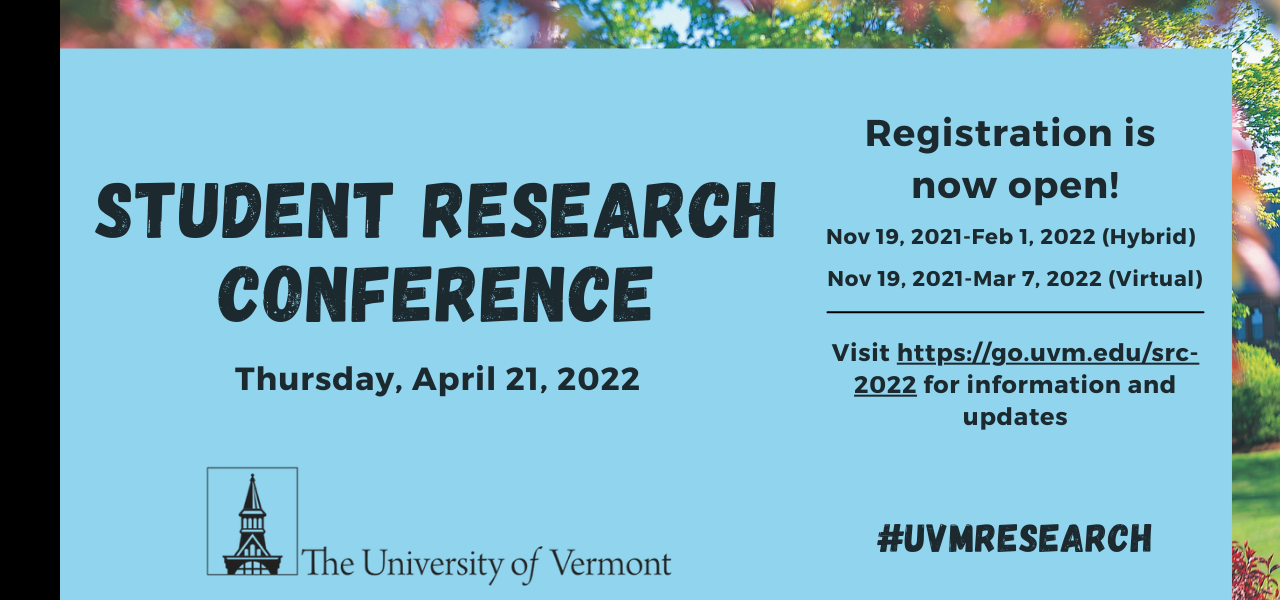Amidst droughts and hurricanes: managing a field warming experiment in Puerto Rico
Conference Year
January 2022
Abstract
Climate change models predict that temperature in the tropics will increase by 3-5°C within the next 20 years, but there is high uncertainty on how this will affect tropical forests. The Tropical Responses to Altered Climate Experiment (TRACE), a novel field warming experiment in a Puerto Rican rainforest, is attempting to address this question. TRACE is now the first experiment to evaluate how tropical forests respond to warming and large-scale hurricane disturbance. This presentation will summarize the most important results of this experiment to date as well as some of the challenges that we have faced along the way.
Primary Faculty Mentor Name
Taylor Ricketts
Faculty/Staff Collaborators
Molly A. Cavaleri, Sasha C. Reed, Tana E. Wood
Status
Graduate
Student College
Rubenstein School of Environmental and Natural Resources
Program/Major
Natural Resources
Primary Research Category
Biological Sciences
Amidst droughts and hurricanes: managing a field warming experiment in Puerto Rico
Climate change models predict that temperature in the tropics will increase by 3-5°C within the next 20 years, but there is high uncertainty on how this will affect tropical forests. The Tropical Responses to Altered Climate Experiment (TRACE), a novel field warming experiment in a Puerto Rican rainforest, is attempting to address this question. TRACE is now the first experiment to evaluate how tropical forests respond to warming and large-scale hurricane disturbance. This presentation will summarize the most important results of this experiment to date as well as some of the challenges that we have faced along the way.


